Podcast: Play in new window | Download
Subscribe: RSS
Kathleen Burns Kingsbury is a wealth psychology expert, founder of KBK Wealth Connection, host of the Breaking Money Silence™ podcast, and the author of several books including How to Give Financial Advice to Women, How to Give Financial Advice to Couples, and Breaking Money Silence – the basis for this conversation. Her mission is to teach financial services professionals how to connect, communicate, and collaborate more effectively with their clients to increase client retention and improve profitability.
Takeaway Quote:
“If you can truly connect around the emotional aspects of money… you’ve developed a bond that’s really lasting.”
Show Timeline:
1:58 The concept of money silence and our collective experience with it
How this played into Kathleen’s upbringing and professional experience
4:55 The personal story that launched Kathleen’s career in financial psychology
Realizing the dangers of money silence and the benefits of breaking it
8:56 The true cost of money silence
How it affects relationships, the status of women in society, and advisory businesses
12:29 How advisor can start approaching these topics with clients
Changing the mindset around the emotional aspects of money
14:29 The importance of training advisors on this side of finance
Why we misinterpret how to deal with feelings around money as ‘soft skills’
16:12 The major money myths getting in the way of having the conversation
How men and women have been socialized differently to create the problem at hand
18:58 Specific ways for advisors to understand their ‘money talk mindset’
Exercises provided by Kathleen, and how you can involve your team and/or family in them
21:45 What Kathleen has found about the appetite of advisors for this discussion
How providing structure around this topic can be the spark that advisors need
23:54 The implications of breaking money silence on the client experience
And the impact of that on advisory-client relationships
25:20 Two stories that illustrate this impact
Taking the first leap into these conversations and watching the ripples unfold
27:18 The connection to referability
How advisors can create the goodwill to attract the next generation of clients
28:52 Why this is a relevant topic for clients of all backgrounds
Strategies advisors can use today to build the conversation into regular business
Links:
Websites: http://breakingmoneysilence.com, www.kbkwealthconnection.com
Books: Breaking Money Silence, How to Give Financial Advice to Women, How to Give Financial Advice to Couples
Twitter: https://twitter.com/KBKSpeaks
Podcast: http://www.kbkwealthconnection.com/breaking-money-silence-podcast/
LinkedIn: https://www.linkedin.com/in/kathleenburnskingsbury/
YouTube: https://www.youtube.com/user/KBKWealthConnection
Want more?
Stephen Wershing: www.TheClientDrivenPractice.com/checklistblog
Julie Littlechild: www.absoluteengagement.com/blog
Episode Transcript:
Steve Wershing:
Welcome to Becoming Referable, the podcast that shows you how to become the kind of advisor people can’t stop talking about. I’m Steve Wershing. As a financial advisor you already know that people have more taboos talking about money, than talking about sex. But few people have drilled down and explored their reluctance to discuss finances more than this episode’s guest, Kathleen Burns Kingsbury. Besides being a serial guest on this podcast, Kathleen is a wealth psychology expert, founder of KBK Wealth Connection, host of the Breaking Money Silence podcast, and author of five books on the psychology of money. The release of the most recent is the reason for us to visit with her again.
As an expert on financial psychology, Kathleen has been quoted in such publications as, The Wall Street Journal, The New York Times, Money Magazine, Today Magazine, Forbes, Forbes Woman. Her articles have appeared in American Banker Magazine, CNBC, Investment News and other trade and consumer magazines. In this episode, we discuss the new book, Breaking Money Silence: How to Shatter Money Taboos, Talk Openly About Finances and Live a Richer Life.
We’ll discuss the real cost to clients of money silence and the implications for financial advisors. We’ll talk about the revelations she had about her own money silence with her husband after a contractor made off with tens of thousands of their dollars. We’ll talk about how helping clients break money silence, can improve your relationship with clients and, of course, we will get her take on how it affects referrals. Without further delay, let’s go to our conversation with Kathleen Burns Kingsbury. KBK, welcome to the Becoming Referable podcast.
Kathleen Burns Kingsbury:
I’m so excited to be here with you both again today, and really excited to talk about my new project.
Steve Wershing:
Well, we’re very excited about it too. We had a great conversation with you before and we’re very excited to have you back to talk about the new one. Let’s just jump into and keep the listeners riveted. Tell us about talking about money versus talking about sex versus talking about death.
Julie Littlechild:
Well, if we haven’t gotten your attention now, nothing will.
Steve Wershing:
That’s right. Boom!
Kathleen Burns Kingsbury:
Well, one of the things with my new book, Breaking Money Silence, is I started to explore why is there such a taboo against talking about money. Then I started to look at some other taboos. What I discovered was that 44% of Americans would rather talk about death, religion or politics than they want to talk about personal finances. I thought, wow, that’s pretty horrifying when you think about it.
Steve Wershing:
That’s pretty amazing.
Kathleen Burns Kingsbury:
So, really delving deeper into why is that, and certainly as advisors, what can you do about it, because your job is to help people talk about money, so that’s quite a dilemma.
Steve Wershing:
How do advisors help people with that? Given that it is such a sensitive topic–well, let’s not go there just yet, because there are some things we want to talk about before that. Where did this topic come from? Have you had your own experiences with difficulties talking about money and having money silence?
Kathleen Burns Kingsbury:
I certainly have. I think anyone who lives in this society probably has had a moment or a couple of moments in their life where talking about money has been uncomfortable. I know for me, from a very early age, I was loud, and I had something to say, so it’s kind of fun that I become a keynote speaker and an author. When I was a kid, I was often taught about money, the dollars and cents about money, but we never really talked about the values or the goals. Certainly, there was an underlying message that you shouldn’t be too successful. It was okay to take care of yourself and save and make a good living, but if you really were profit motivated, especially if you were a woman, then that was something to really squash. We just didn’t talk about it. I got the message loud and clear that any time I wanted to make a profit, even when I was a little girl and started a dog walking service, I think that entrepreneurial spirit was a little bit squashed.
What ended up happening for me, is I became really good at the technical side, I used to work in banking and I was an auditor and I certainly could balance a checkbook or a bank. But I couldn’t really talk about money with my partner and really as I started to have more and more and success from a business standpoint, I had a lot of trouble accepting the financial success. I would do all sorts of things, looking back, to sabotage myself and make sure that I wasn’t making too much money. So, yes, I personally have struggled with this and the good news is I’ve overcome it and life is much better when you have a sense of peace with money.
Steve Wershing:
Just in terms of being able to communicate with your partner. In your book, you tell a funny story, well not a funny story, but an important and interesting story about some of the challenges you’ve experienced talking about money with your partner, specifically in terms of having an experience with a contractor. Can you tell us a little bit about that?
Kathleen Burns Kingsbury:
Sure. It actually is funny in hindsight, at the time it wasn’t funny. One of the things in my relationship, like a lot of people, when I met my husband Brian, and we were dating, it became very clear that I was “good at money” and he was not “good at money.” I did what any self-respecting, former banker would do, and I took complete control over the finances. When we got engaged, one of the first things we did, looking back this is horrifying, but one of the first things we did was go to the bank and I make sure that I had a signature on all of his money. So, I really took control.
Flash forward many years, maybe ten years into our marriage. We decide to do a project on the house. He hires a contractor, and I certainly was part of that process as well. What ended up happening is the contractor ended up basically abandoning the property and stealing a large amount of money from us. All of a sudden, any tension that we had in our relationship was actually more intense. So, I thought, wow you’re really stupid with money and I’m really smart with money and this happened, and we became kind of very distant and polarized. So I became very obsessed with making sure that we were going to bounce back, had a lot of money shame and my husband seemed to not be as focused on the money.
One day, I walked out to the mailbox and that will give you my age, I got my bills in the mail. I walked out to the mailbox and I picked up the mortgage and I started to be panicky because here I was thinking, wow we got ripped off, we don’t have enough money to pay the mortgage. Instead of yelling at my husband or being a wife and being kind of nagging, I walked into the living room and he was playing a video game. I looked at I thought, well, something’s wrong with this picture. I stopped him, and I said, “Brian, I really need to ask you a question.” He, to his credit, put down his game console, looked up at me and said, “What?” I said, “When are you going to worry about money? We’re in a really bad situation.” He thought about it and then finally, he just looked up at me and goes, “Oh, I think it’s when they take the car.” I said, “What?” He said, “When they repo the car, or when they take TV set.”

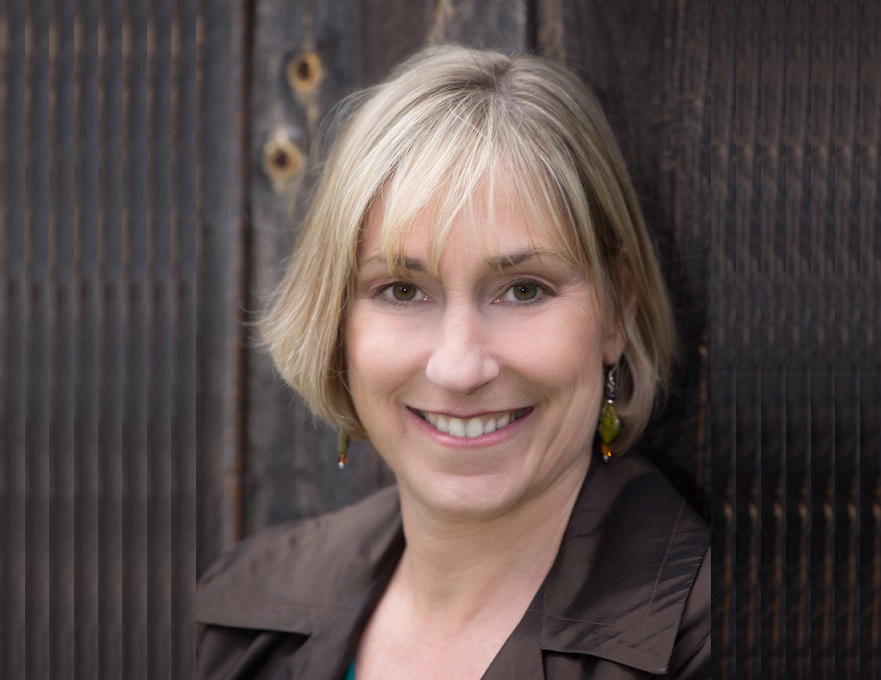

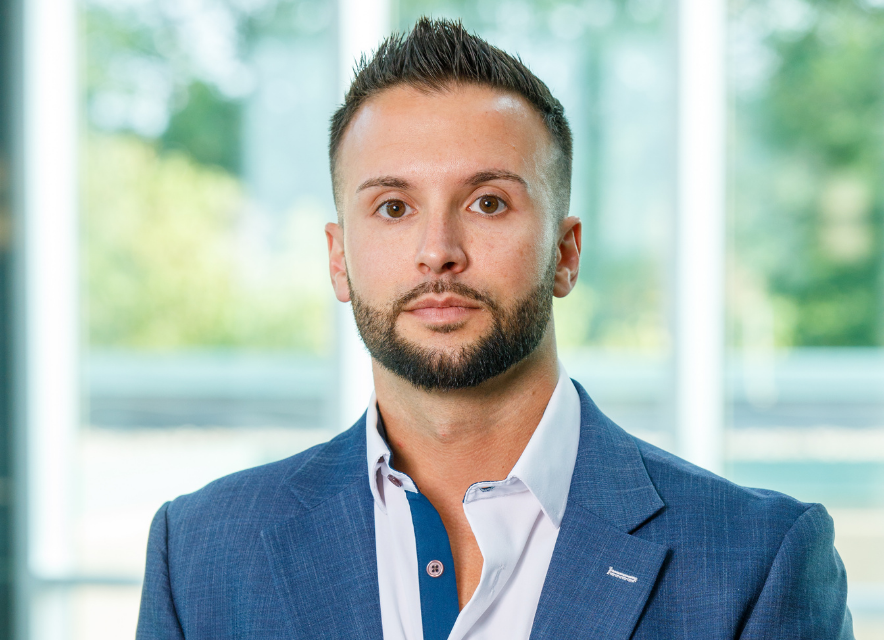
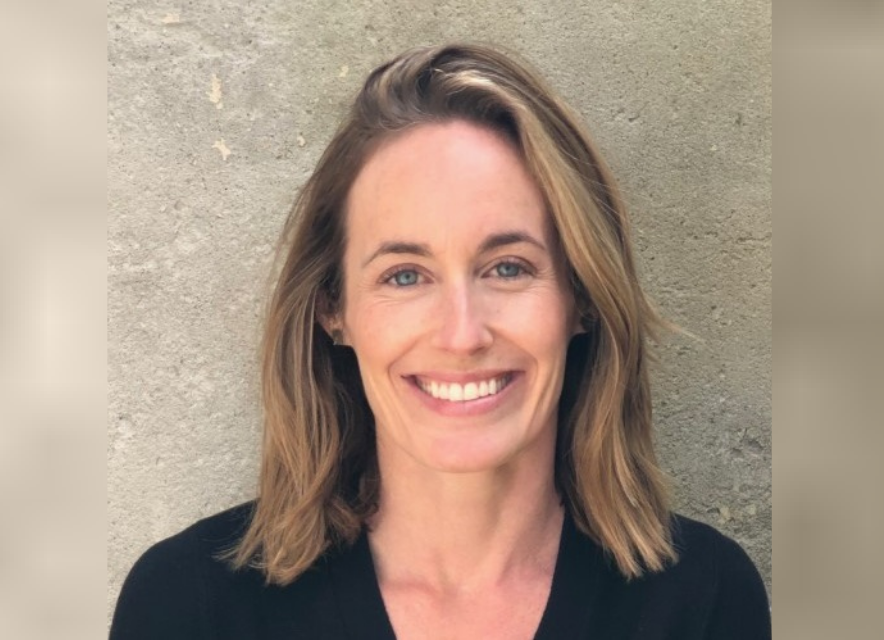
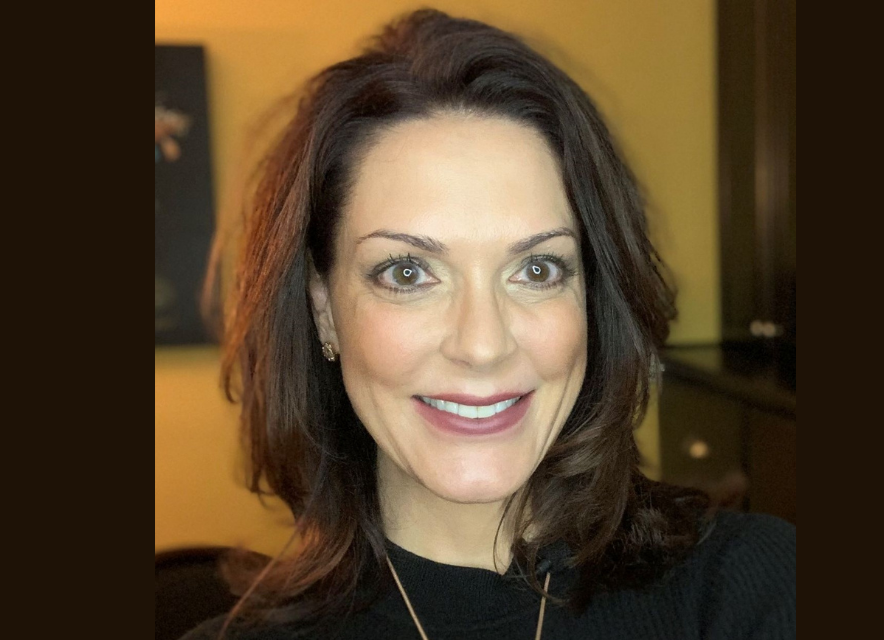
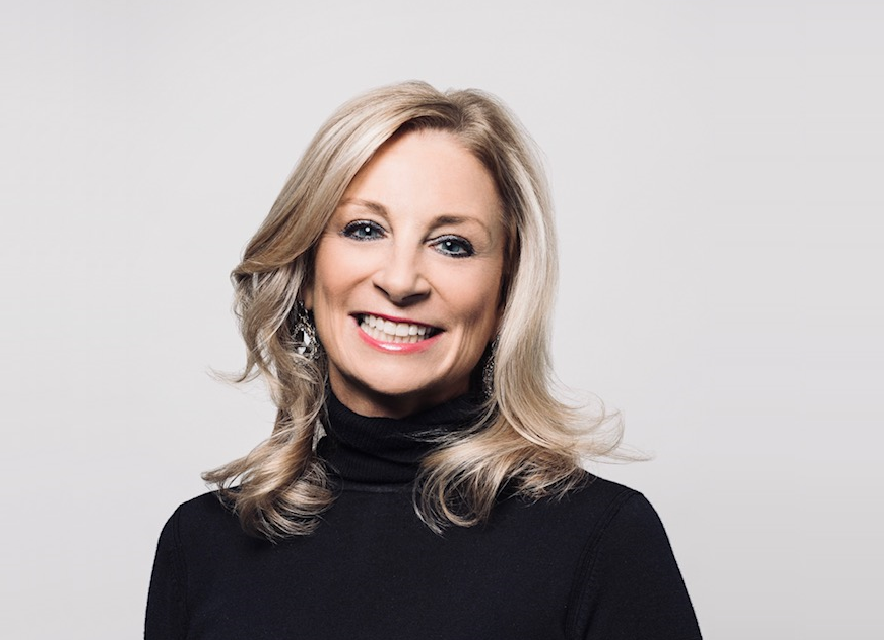
Leave A Comment